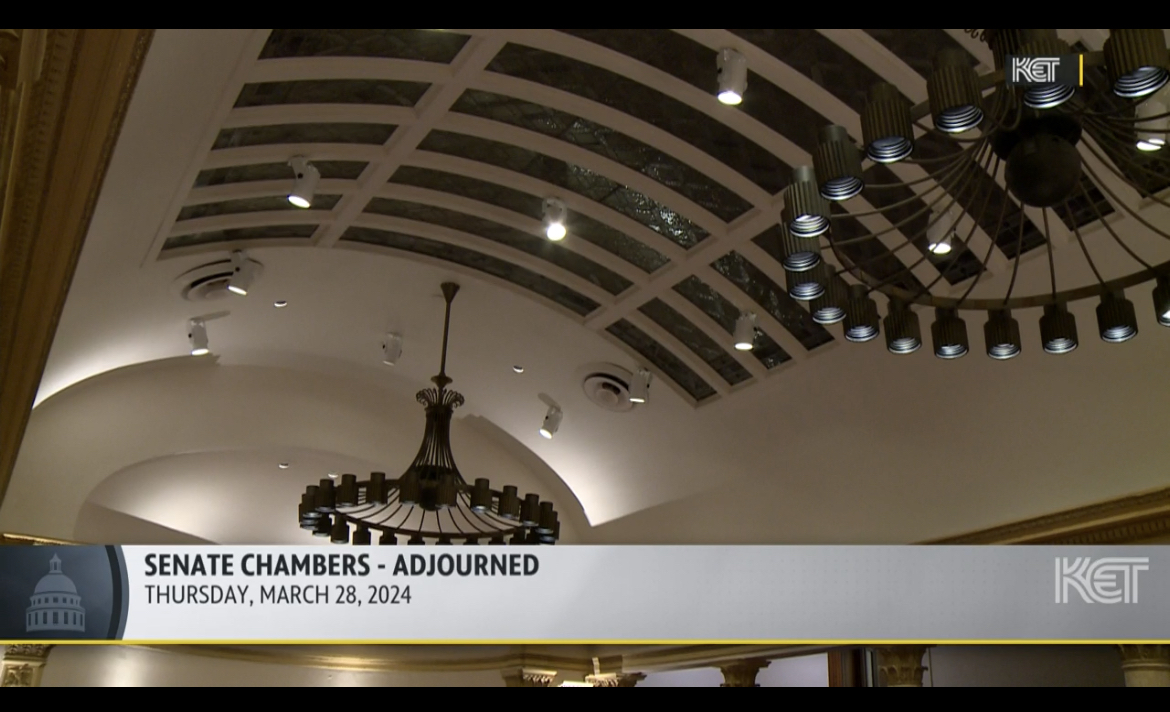
Reporters frantically recapped the last day of the 2024 Regular Session -- before the ten day veto period and final two day veto override period -- as lawmakers scrambled out of legislative chambers just before midnight.
It was business as usual for a General Assembly which has, as one reporter noted, a serious time management problem.
Absent from their reporting was any reference to House Bill 509 -- the open records "modernization" bill that kept me glued to the television until midnight. As the final minutes ticked away, I suspected I'd engaged in a monumental waste of a day in my life. But I was determined to bear witness to the collapse of open government as we know it in Kentucky if indeed lawmakers took House Bill 509 up on the final day.
They did not. And as senators droned on late into the night about autonomous vehicles and aerospace infrastructure, I began to think that Kentuckians had dodged a very dangerous bullet.
Some have speculated that the Governor's support for HB 509 ensures its successful passage during the veto override period. Lawmakers, they explain, felt no particular urgency in the last days of the session since they can take it up in the veto override period without fear of a veto.
Others suggested that the subject of the bill would be passed to the interim for further study.
I'd like to believe that the voices of Kentuckians, many of whom shared with me their opposition to HB 509 and assured me they had contacted lawmakers to urge them to vote "no," coupled with the persuasive arguments advanced by opponents of the bill, including the Kentucky Press Association, Americans for Prosperity, and, yes, the Kentucky Open Government Coalition -- not to mention last minute doubts expressed by senators in the March 27 Senate State and Local Government Committee meeting -- convinced a majority of lawmaker to abandon this needless and destructive proposal to "modernize" Kentucky's remarkably resilient and already "modern" open records law.
It's possible, even probable, that HB 509 will sail to passage in the veto override bill and take effect with or without the Governor's signature.
(Wouldn't it be a pleasant surprise if the Governor ultimately comes down on the side of the public's right to know by unexpectedly vetoing House Bill 509 after the veto override period has ended.)
For the next ten days, I prefer to think that we, the people, preserved the public interest, secured sound public policy, and successfully defended the public's right to know by convincing lawmakers to let House Bill 509 die without a vote -- that the votes simply were not there to ensure passage.
HB 509 deserves a no less appropriate fate.


